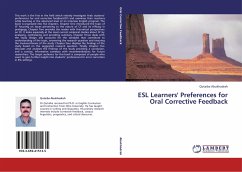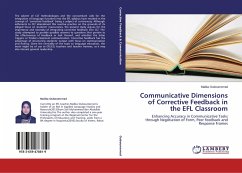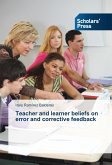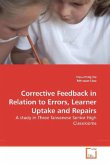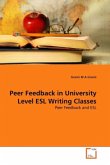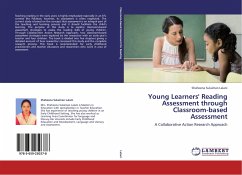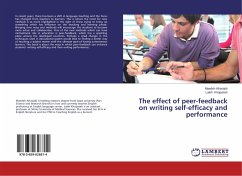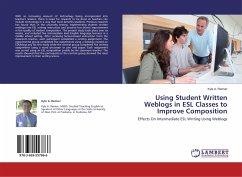This work is the first in the field which entirely investigate Arab students' preferences for oral corrective feedback(CF) and examines their reactions while learning in the advanced level of an intensive English program. The book is organized into five chapters. Chapter One introduced the topic of CF focusing on issues pertaining to the nature of CF and its efficacy in pedagogy. Chapter Two provides the reader with theoretical perspectives on CF. It looks especially at the most current empirical studies about CF by analysing, synthesizing and providing summary. Chapter Three deals with the study design and accounts for the variables that contribute to understanding of the topic, answering the research question and ensuring the trustworthiness of the study. Chapter Four displays the findings of the study based on the suggested research question. Finally, Chapter Five discusses and analyses the findings of the study providing a conclusion, and a concise, informative summary with recommendations for future researchers. The target audience for this book is composed of people who want to gain further insight into students' preferences for error correction in ESL settings.
Bitte wählen Sie Ihr Anliegen aus.
Rechnungen
Retourenschein anfordern
Bestellstatus
Storno

